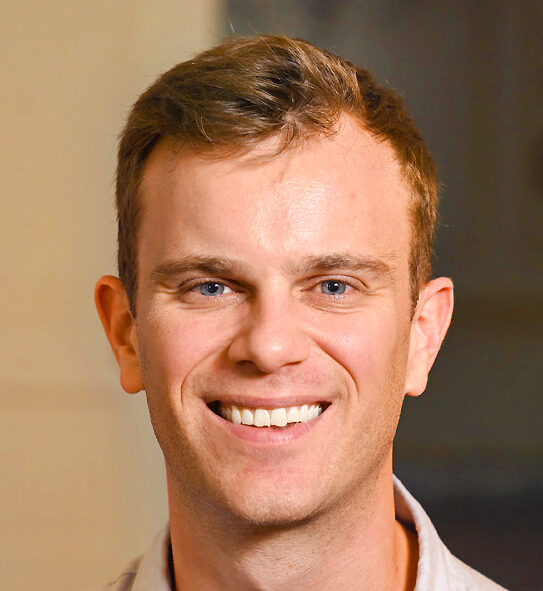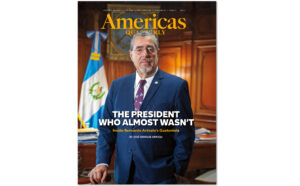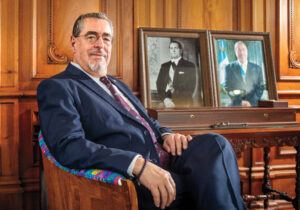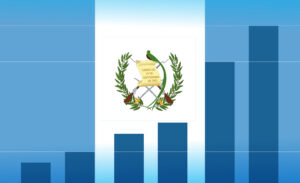This article is adapted from AQ’s special report on Guatemala
Guatemala emerged from its devastating 36-year armed conflict in the 1990s beset by intense poverty, acute inequality, and widespread corruption in the security forces and political system. Impunity became the norm for the powerful and well-connected.
In the 2023 election, the outgoing administration of President Alejandro Giammattei attempted to control the outcome after cracking down on journalists, anti-corruption investigators and grassroots organizers. The Public Ministry (PM)—led by Attorney General Consuelo Porras, sanctioned by the U.S. for alleged corruption—and the courts disqualified various candidates.
Meanwhile, little-known reformer Bernardo Arévalo flew under the radar. His transparency agenda attracted disaffected voters, and after his surprising victory, the PM and other powerbrokers tried to prevent him from taking office. However, amid massive Indigenous-led protests and international pressure, the government ultimately respected the election result. The timeline below shows how this unfolded.
Background
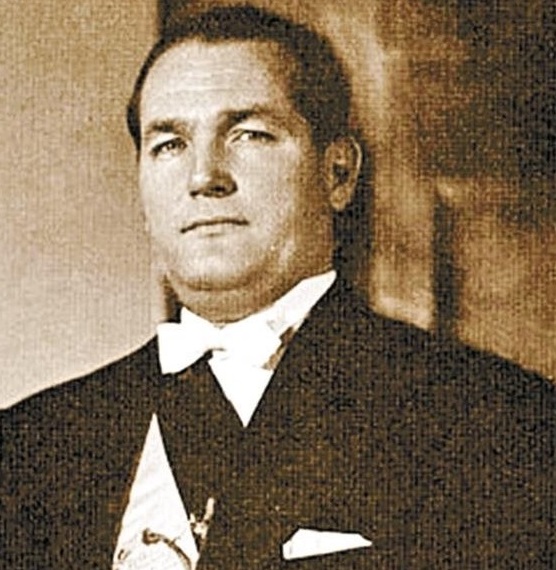
1944
A longstanding dictatorship falls and Juan José Arévalo wins Guatemala’s first democratic election.
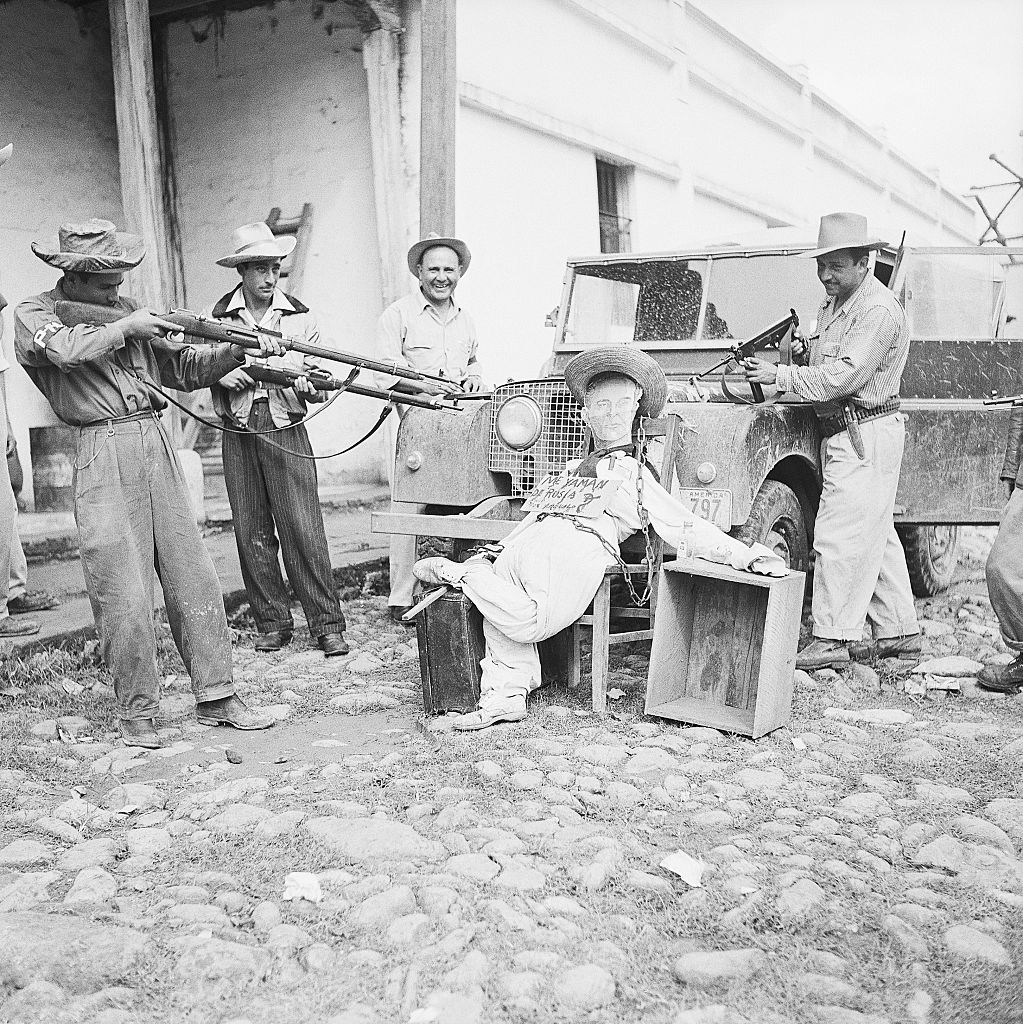
1954
A U.S.-backed coup d’état overthrows Arévalo’s successor, Jacobo Árbenz, and installs a military regime.
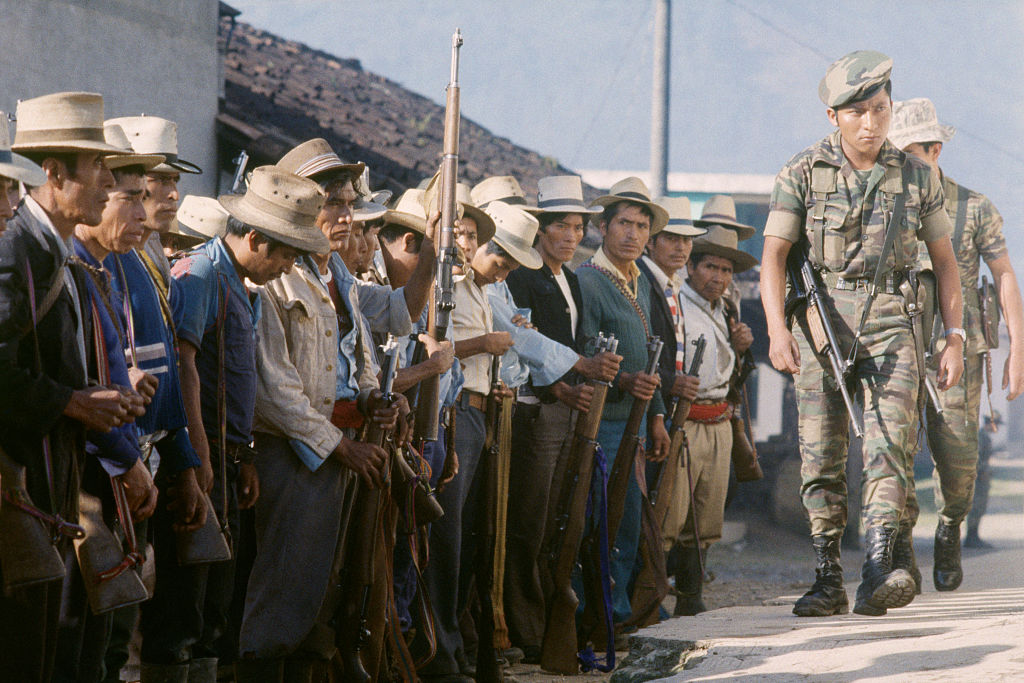
1960
Guatemala’s internal armed conflict begins. It would last 36 years and leave over 200,000 dead, the vast majority of whom were civilians killed by the military or government-aligned armed groups.
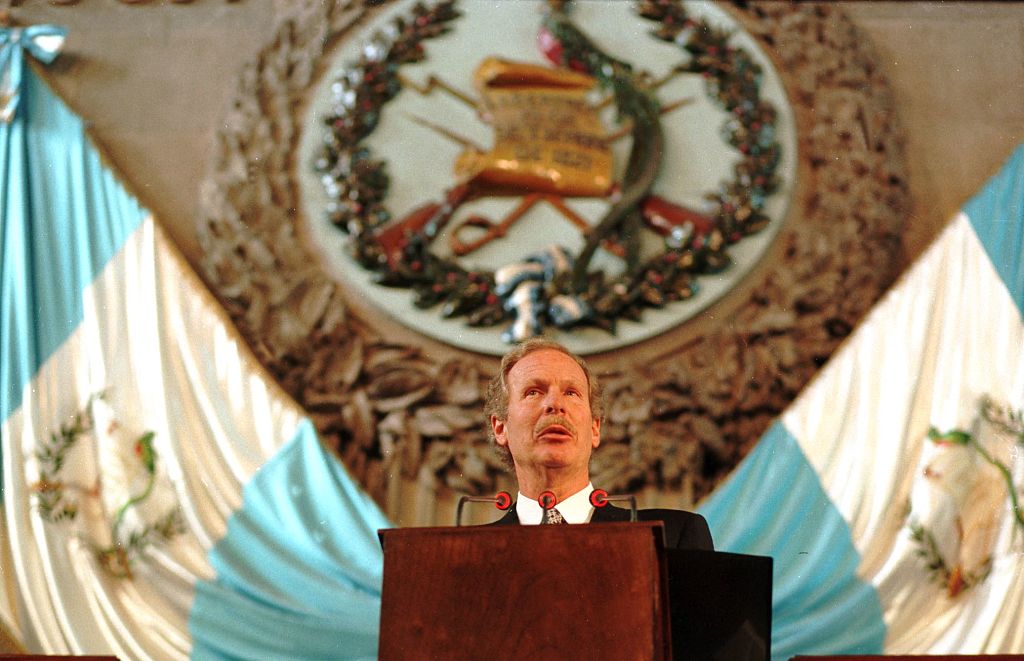
1985
Guatemala approves the current constitution, beginning a slow and often fragile transition to democracy in which impunity remains the norm for the powerful and well-connected. Peace accords would be signed in 1996.
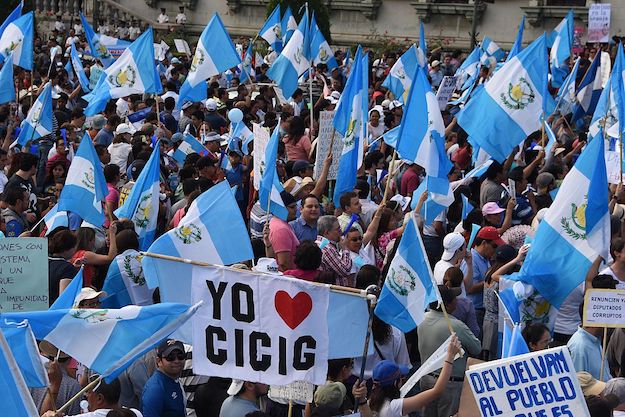
2015
President Otto Pérez Molina, a former general, is ousted by popular demonstrations and jailed on corruption charges brought by Guatemalan investigators and the International Commission Against Impunity in Guatemala (CICIG), a United Nations-backed body.
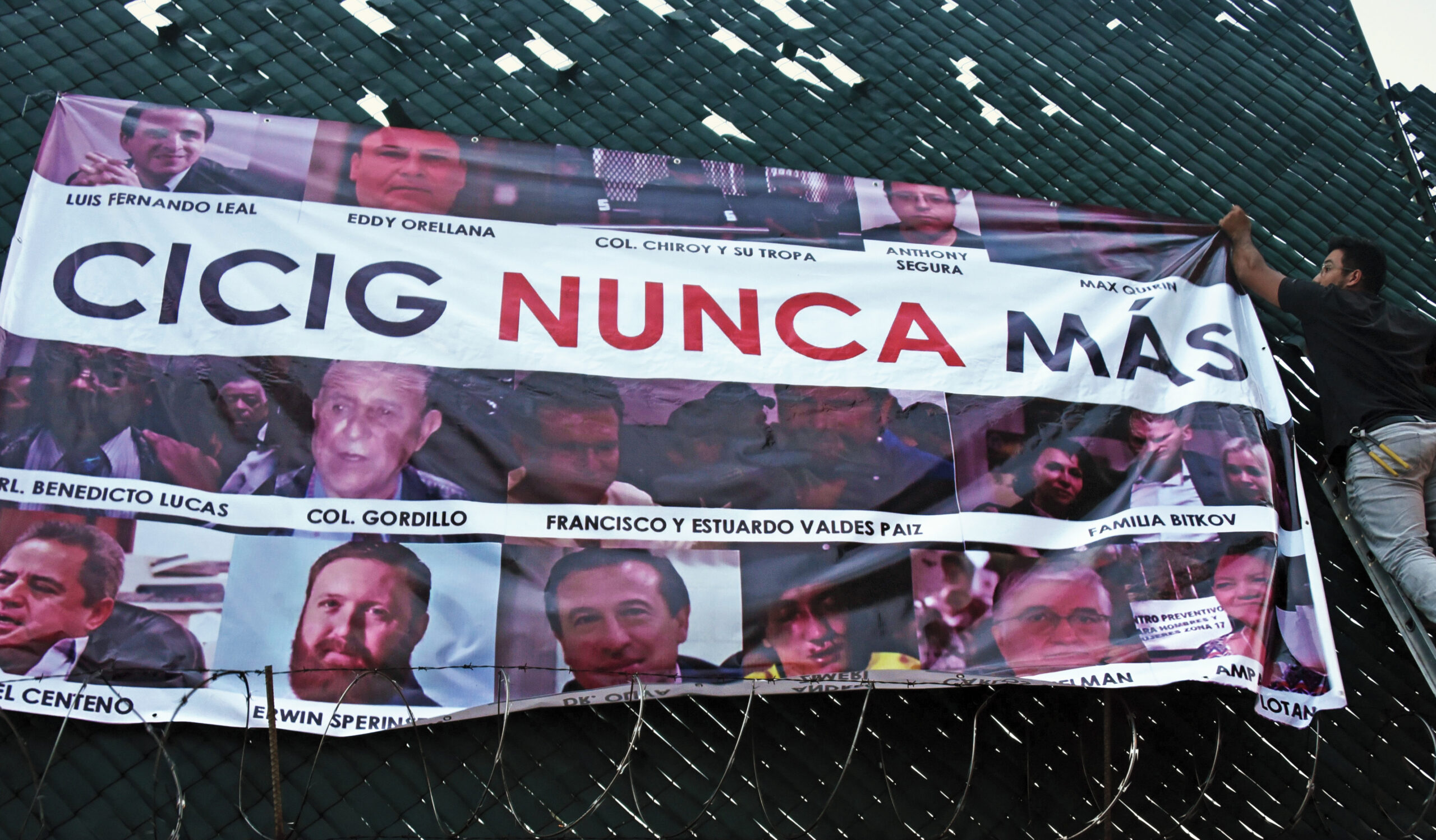
2019
After implicating a range of military, government, and private sector elites in corruption investigations, the CICIG is expelled from the country. Many reform and transparency efforts are walked back as the government prosecutes anti-corruption advocates.
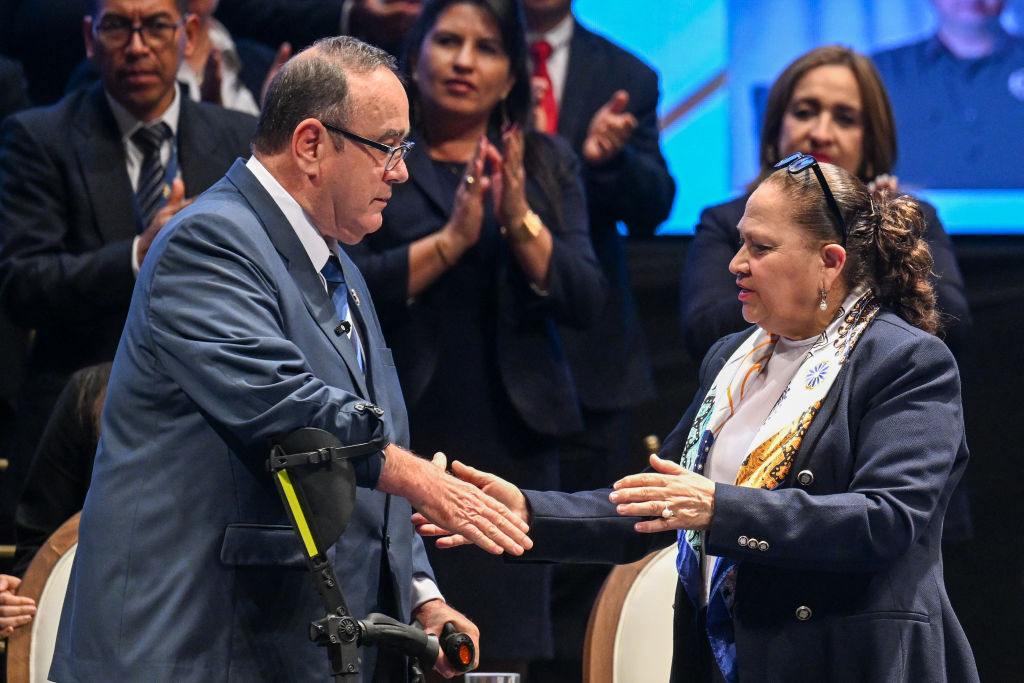
2020
Alejandro Giammattei becomes president and makes few changes to the status quo. He reappoints Consuelo Porras to a second term as attorney general despite U.S. sanctions against her for allegedly undermining democracy and rule of law.
2023 Election
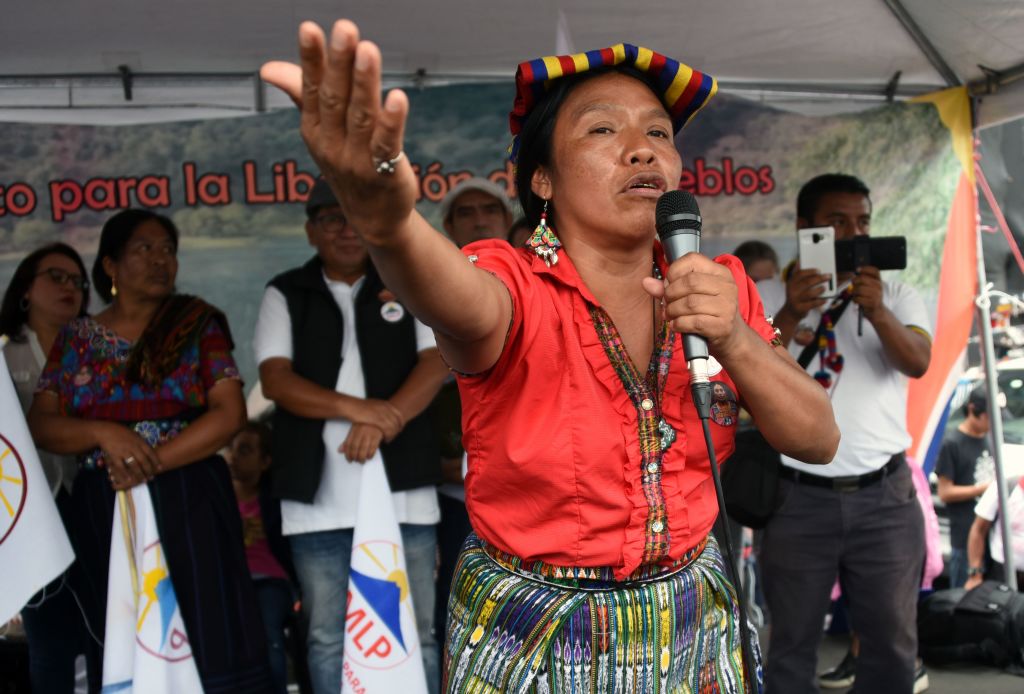
MAY
Disqualifications
Guatemala’s Supreme Elections Tribunal (TSE) disqualifies two high-polling outsider candidates, conservatives Roberto Arzú and Carlos Pineda. This follows the disqualification of left-wing Indigenous candidate Thelma Cabrera. Many saw the moves as an effort by part of Guatemala’s establishment to prevent a challenge to their power.

JUNE
First-round vote
After polling below 3% and thus avoiding authorities’ attention, reformist center-left candidate Bernardo Arévalo, Juan José Arévalo’s son, finishes a surprise second place to make the runoff.
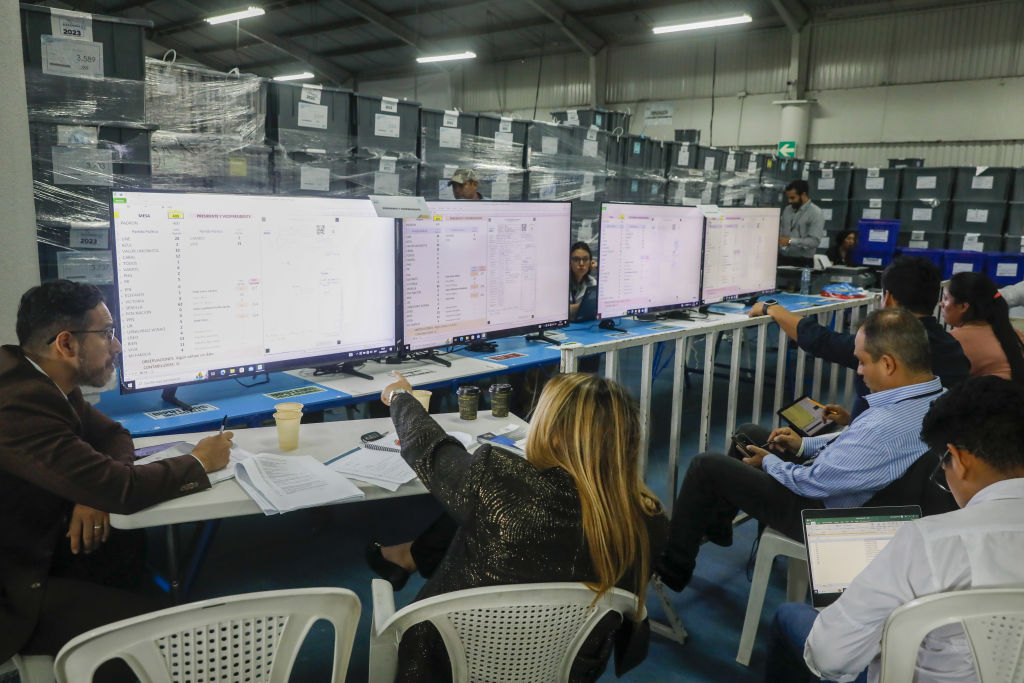
JULY
High court intervenes
The Constitutional Court (CC) orders a review of the vote, casting the election into doubt. On July 12, the TSE finally certifies the results—but almost simultaneously, Porras’ Public Ministry (PM) announces that Arévalo’s Semilla party has been suspended and alleges its candidates should be disqualified.
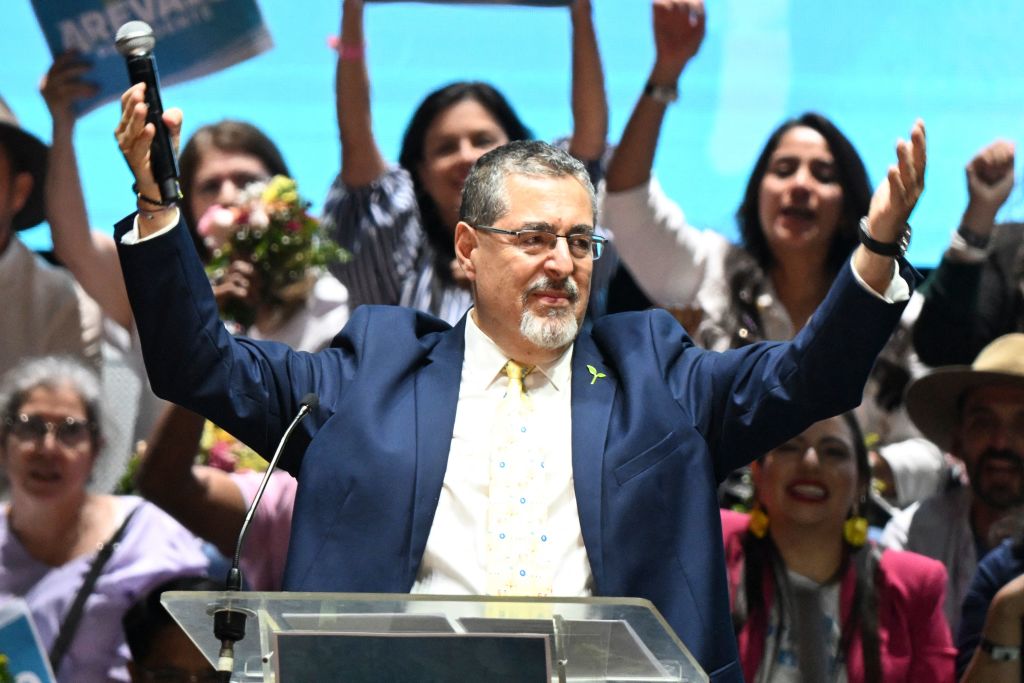
AUGUST
Second-round vote
The CC allows Arévalo to continue his candidacy, and he wins the runoff with a thumping 61% in a closely monitored poll.

SEPTEMBER
Ballot raids
The PM raids the TSE and carries away sealed boxes of certified ballots as it continues attempts to disqualify Arévalo.
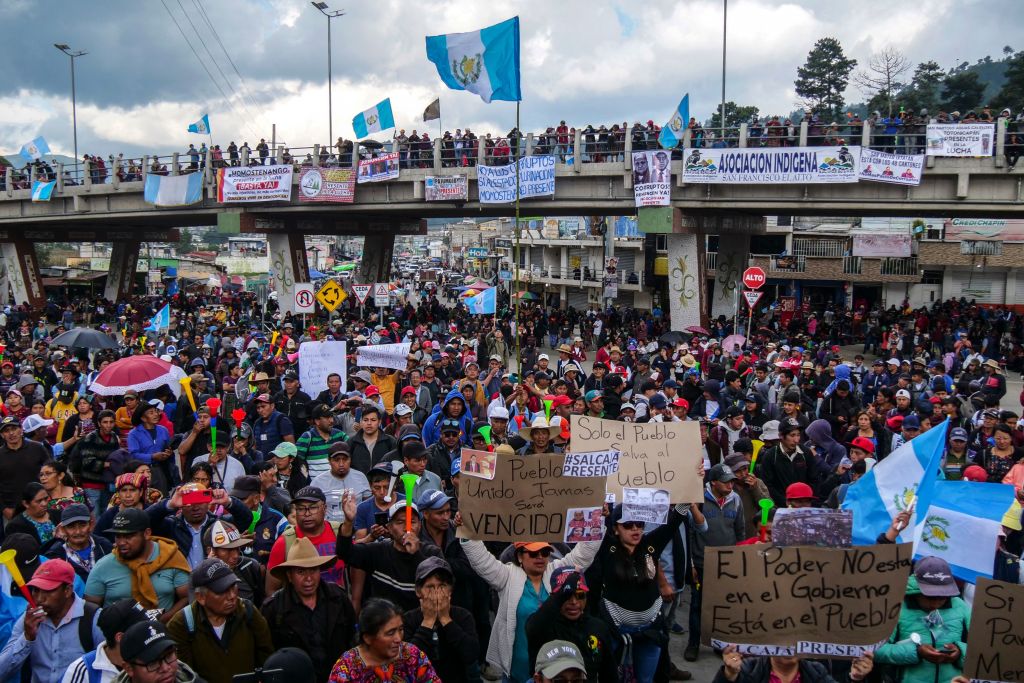
OCTOBER
National Strike
Indigenous leaders call a national strike to try to protect the vote, taking town squares and blocking roads throughout the country. A sit-in led by Indigenous authorities outside PM headquarters lasts 106 days until Arévalo’s inauguration.
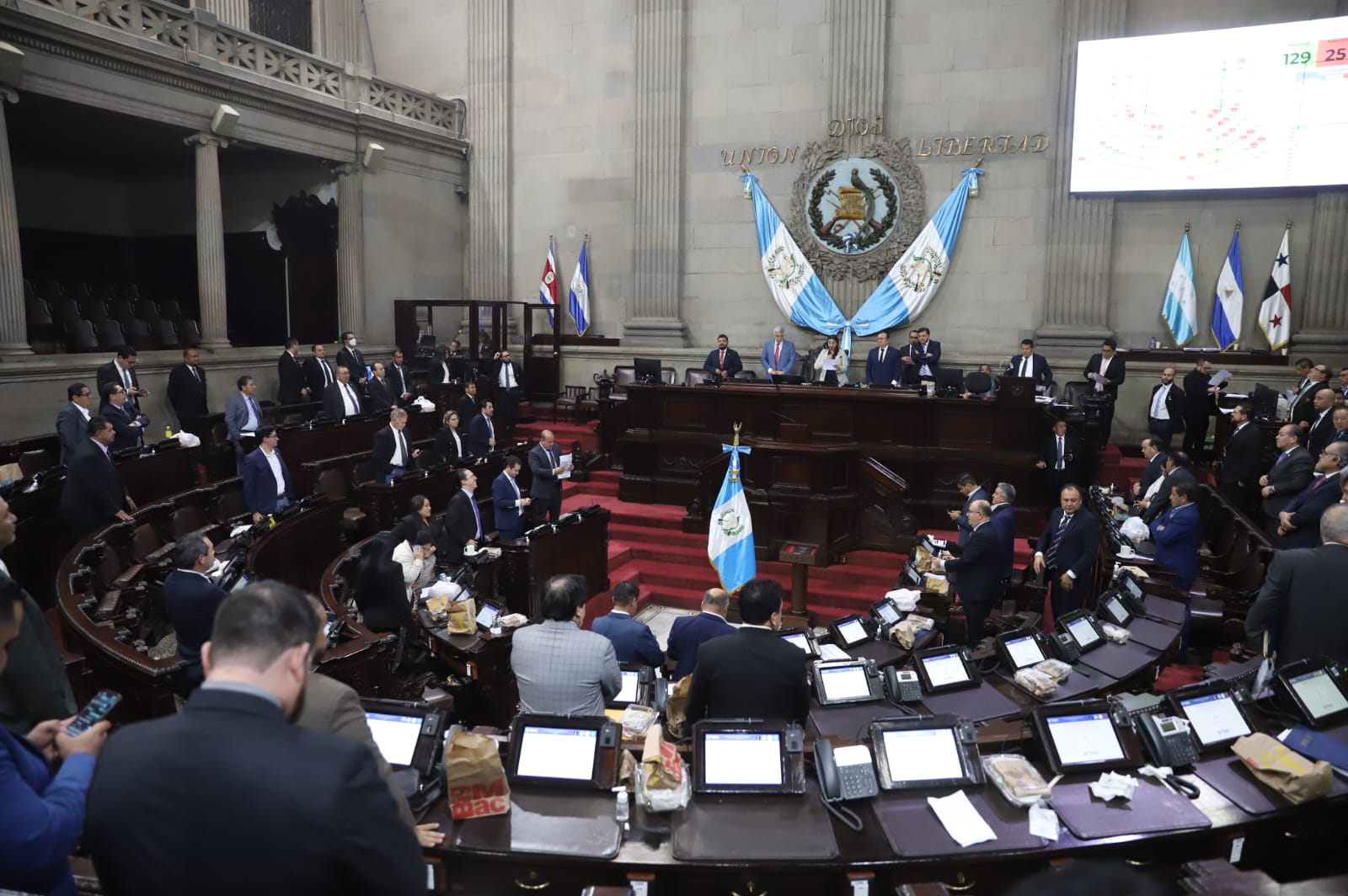
DECEMBER
U.S. action
The Biden administration imposes sanctions on almost 300 Guatemalan legislators, private sector leaders, and other powerbrokers for “undermining democracy and the rule of law.” The EU takes similar measures.
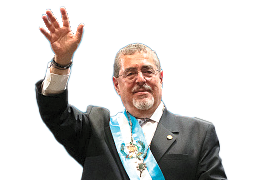
JANUARY 2024
Inauguration Day
Hardliners in Congress attempt a last-ditch effort to prevent the transfer of power. As hours pass, world leaders decry the legislators’ intransigence as protesters clash with police outside Congress. Finally, just after midnight, Arévalo is sworn in.
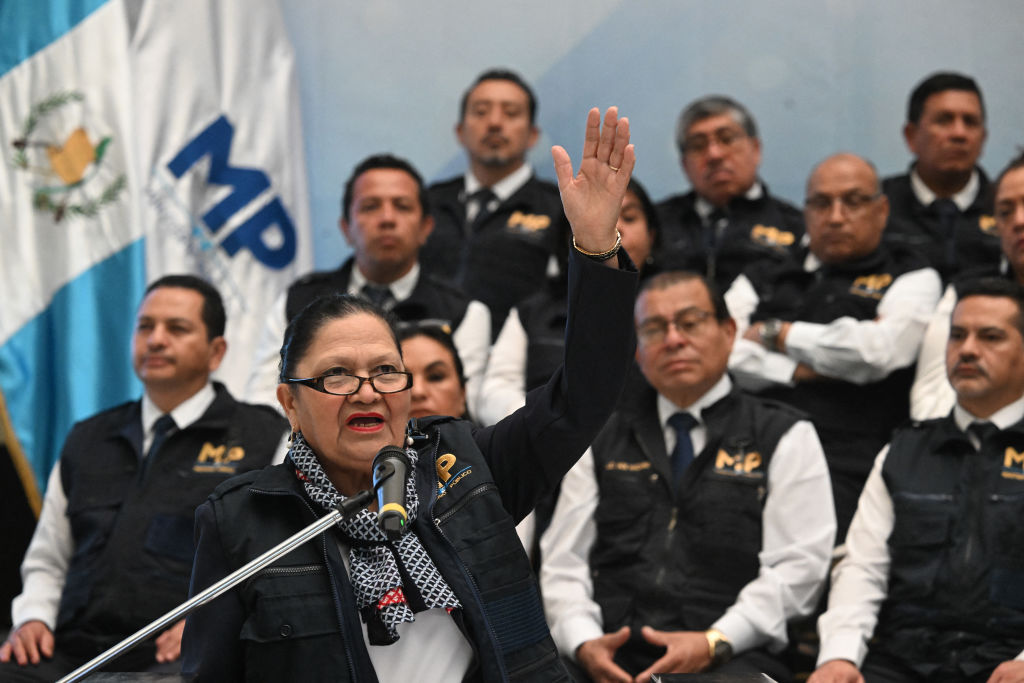
MARCH 2025
Prosecutions continue
Under Porras, whose constitutionally protected term lasts until May 2026, the PM notches its seventh conviction in its ongoing prosecution of the Semilla party. It has asked the courts to strip Arévalo’s immunity from prosecution six times—so far without success.
Photos: Getty Images / Creative Commons / Congreso de Guatemala


